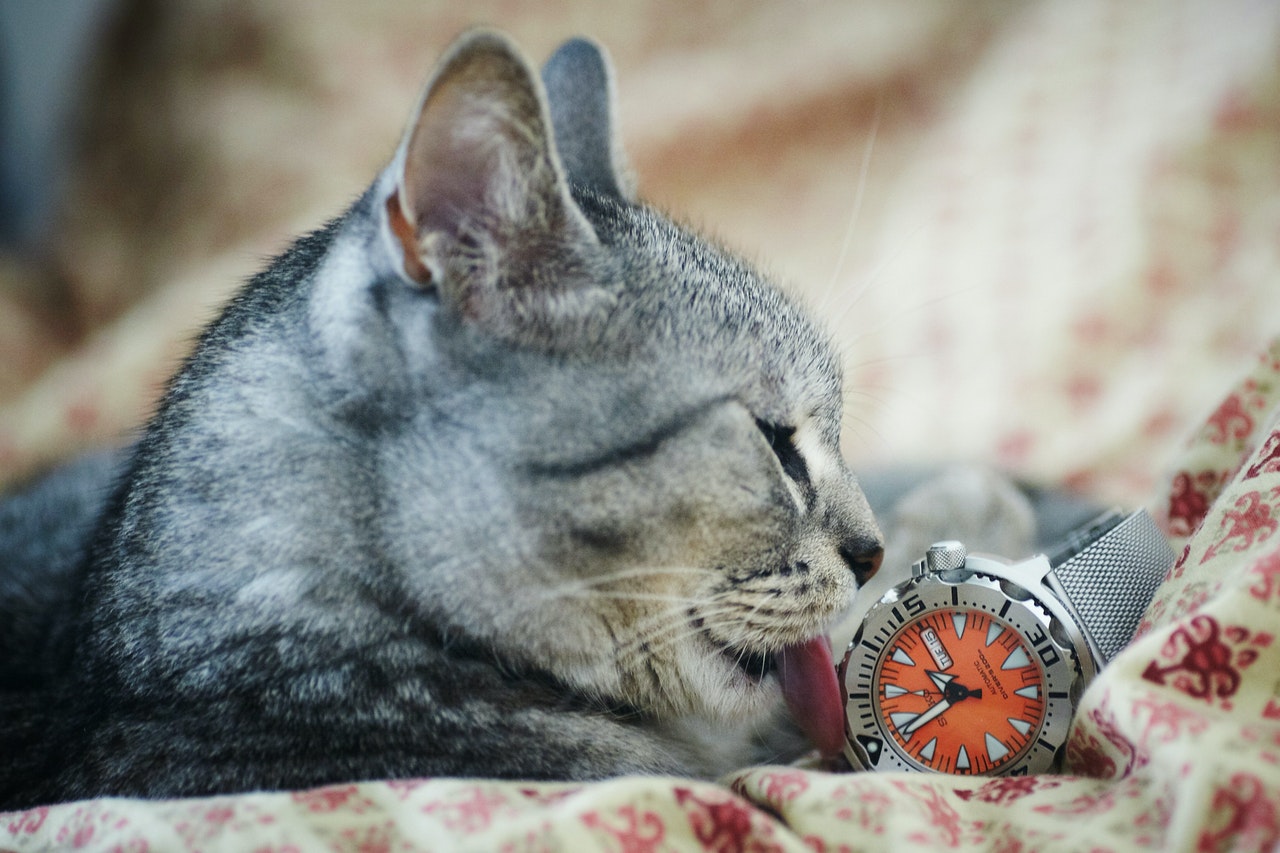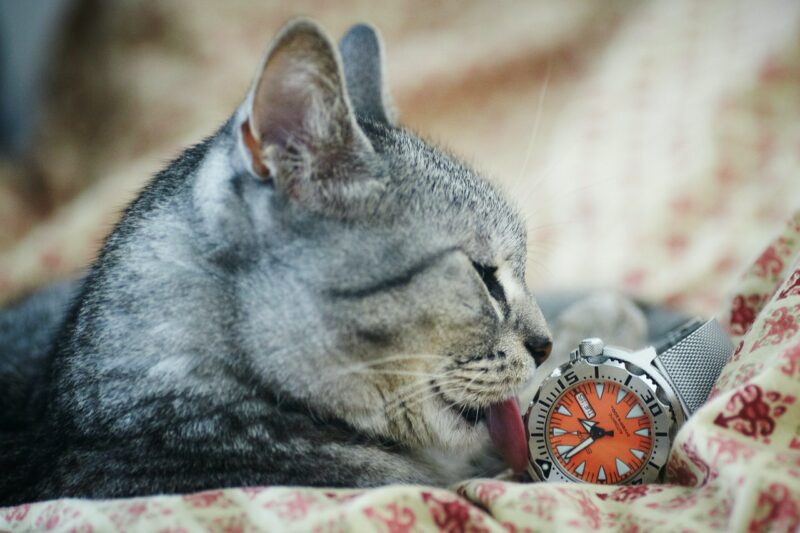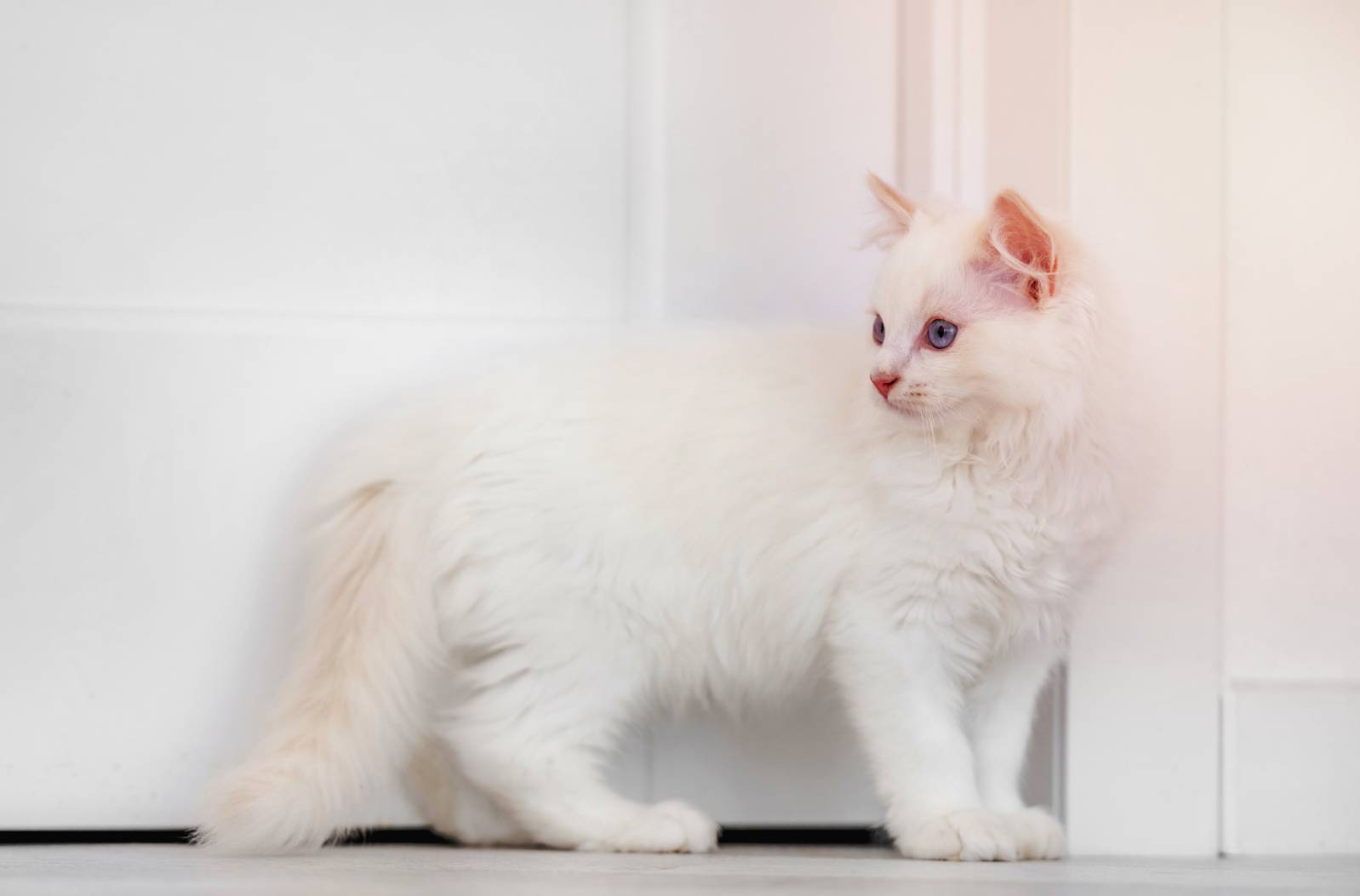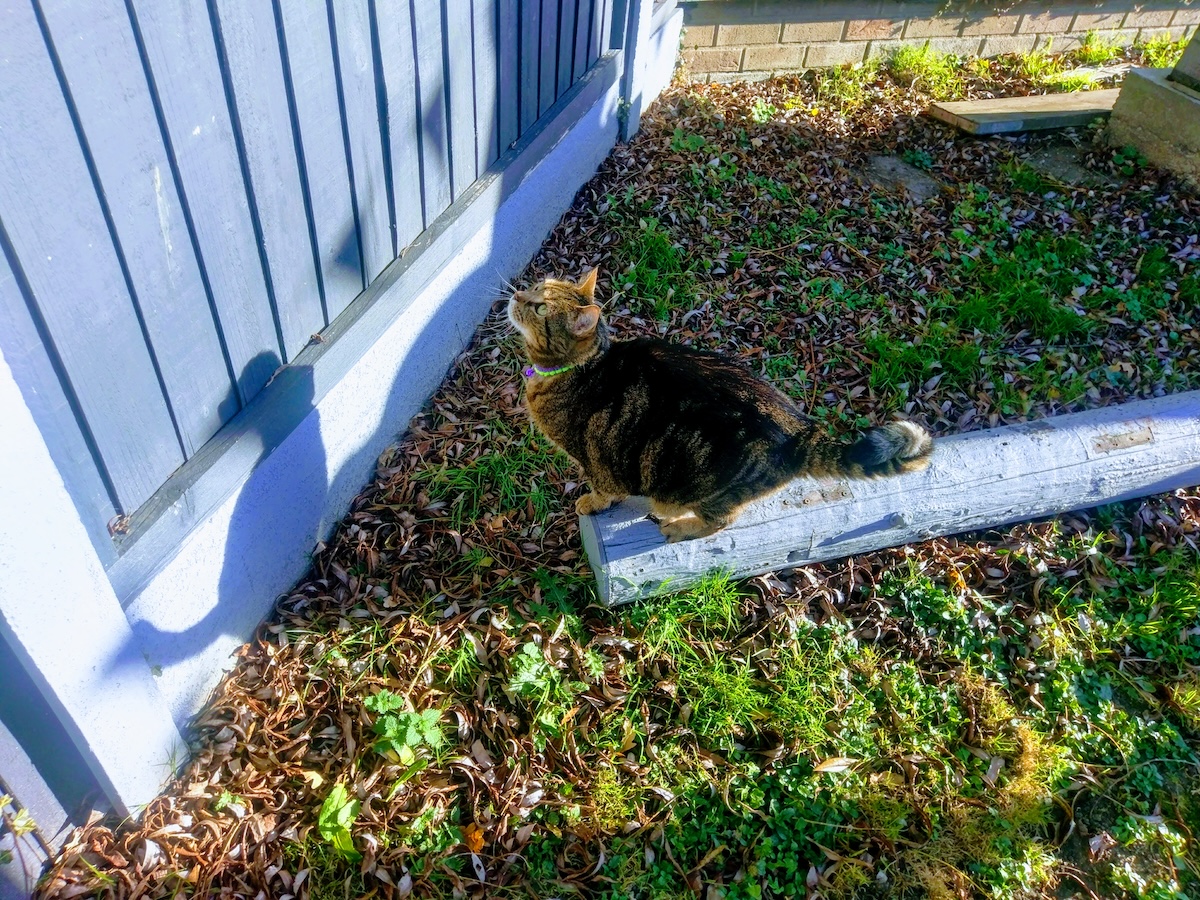Cats primarily lick themselves to stay clean. They also lick one another as a means of bonding, and this bonding activity could also be why they are licking you, your family, and other furry members of your household. It’s also possible that they are licking household items simply because they like the taste or even the texture.
Unfortunately, excessive licking and other activities can be a sign of boredom, stress, and possibly even because an essential nutrient is missing from their diet. The first step to prevent the excessive licking should be to identify its cause. Although it can feel like it, cats don’t do things out of spite, so they aren’t licking the cover of your new sofa just to annoy you.
If you need additional assistance, there are some home remedies that you can try, too. Some are geared towards obsessive grooming but can work equally well to prevent your cat from licking the furniture, floors, walls, bathtubs, or whatever else they have become fixated on.
The 7 Natural Remedies to Stop a Cat From Licking Everything
1. Offer More Entertainment
One of the reasons that cats lick excessively is because they’re bored. Provide your cat with more entertainment, and you could stop their excessive licking habit. You can buy high-quality scratching posts, laser pointers, and other cat toys and spend some time encouraging them to play every day.
You could even consider getting another cat. Some cats enjoy the company, especially if you are out at work all day or you have other commitments to attend to when you are at home. Spend more time giving your cat some love. Let them sit on your lap if they want to, or give them the attention they crave.
2. Improve Their Diet
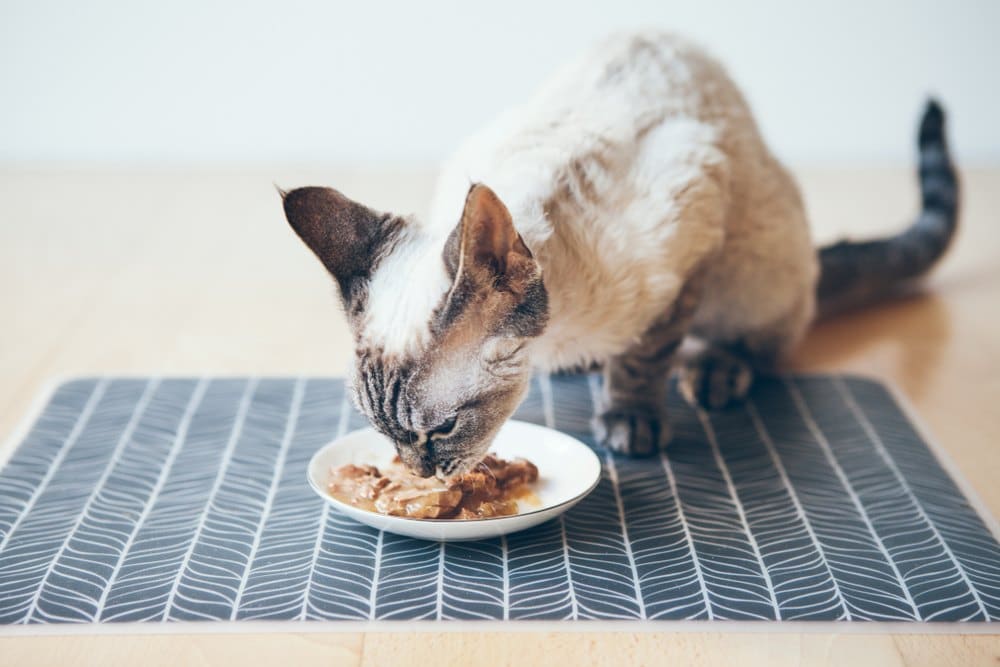
Another cause of excessive licking, especially of household items, is pica. This means that they are missing something important from their diet and are looking for an alternative source of the ingredient. They may be getting salt or even liquid from the walls and furniture.
Check that you feed them a balanced diet and consider changing to something that offers a more complete range of vitamins and minerals, if necessary. Your cat should always have access to fresh, cold water at all times of day, so make sure they can easily reach the water bowl and that it is replenished before you go out and whenever you’re at home.
3. Make Sure Surfaces Are Clean
It could simply be that your cat is licking surfaces because they like the flavor. This is most likely true of tables and countertops where food is prepared or eaten and is most likely a problem if you have children or other pets. Clean these surfaces regularly, and also ensure that surfaces below and around the cat’s food bowl are also kept clean and debris-free.
4. Use Citrus Spray
Cats supposedly hate citrus smells, and the scent of lemon not only acts as a potential deterrent for the cat but can bring a natural scent to any room of the house. As such, a citrus spray can work well on walls and floors, but we don’t recommend spraying it on furniture in case it discolors the fabric.
You can make your own citrus solution by mixing water with a little freshly squeezed lemon juice. This is preferable to using commercially available lemon juice, which may contain harmful additives. Remember that a little goes a long way with citrus when making lemon spray. You should only need the juice from one lemon to make a decent amount of the spray.
5. Disperse Mint Around
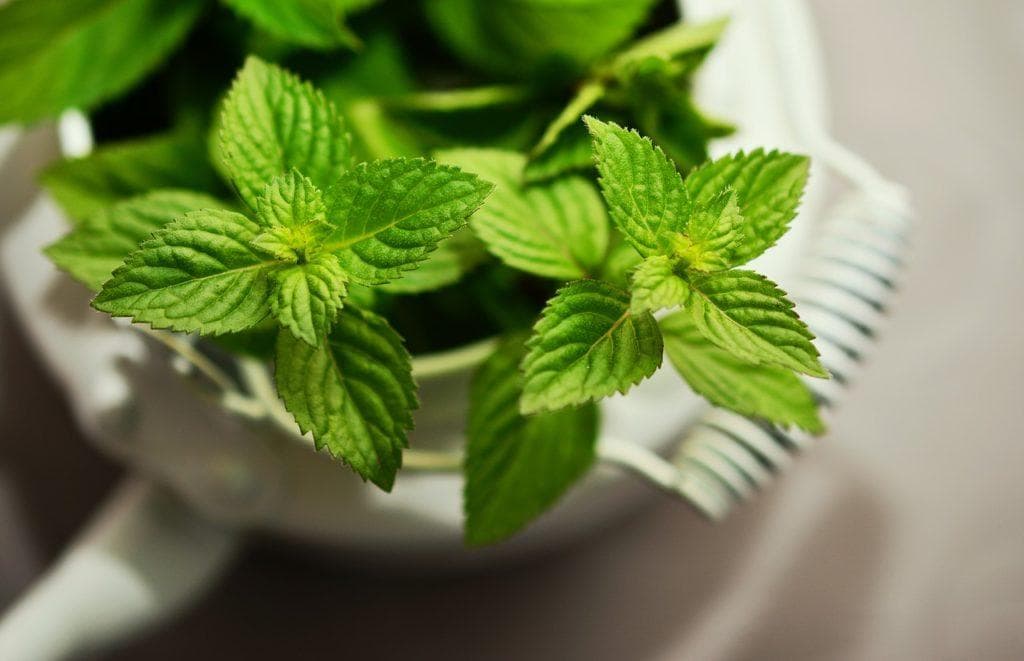
Mint is another smell cats hate that won’t leave your home smelling dreadful. Use fresh mint leaves, add them to warm water to extract the smell, and let the mix steep for a few hours. Remove the leaves and either apply the liquid directly to a surface or, for extra convenience, put it in a spray bottle so that you can apply and reapply the liquid whenever required.
6. Use Essential Oils
Some essential oils can be used in a similar way to lemon juice and mint by creating a spray that will naturally deter cats from licking the area. Lavender, cinnamon, and lemongrass are generally considered safe for your pets.
Don’t get too carried away when spraying any of these natural scents because while you want to prevent your cat from licking the wall or furniture, you don’t want to keep them from entering a room completely. Dilute the essential oil before using it, and only spray it on areas you want to keep your cat away.
Remember to check the ingredients of any liquid or repellent you intend to use. Some essential oils are mixed with other ingredients to make them go further and to enhance the smell. Rather than act as a deterrent, these ingredients might prove toxic to your cat.
7. Try Training Your Cat
If you’re courageous and have a lot of patience, you can even try training your cat to stop licking. Some people successfully train their cats, but it’s a challenging process. Cats are known for being highly independent, after all.
Use positive reinforcement to encourage good behavior and to prevent your cat from licking. When they jump up or near a surface that they have been licking, give them a treat before they lick. With any luck, this will take their mind away from the idea of licking, and it shows that they are being rewarded for not doing so.
You will need to be consistent, and you should also expect your cat to expect treats every time. If you’re too late and fail to give a treat before your cat licks, don’t give one after the event, or it will teach your cat that licking leads to a treat.

Conclusion
Cats excessively groom for various reasons, which could be a sign of an illness, deficiency, or health condition. Although excessive grooming is unhealthy, you may be able to discourage the behavior with training and safe home remedies. If you are concerned, get them screened for feline diabetes and consult with your veterinarian, especially if the remedies above do not help combat the problem.
Featured Image Credit: Yury Kim, Pexels

